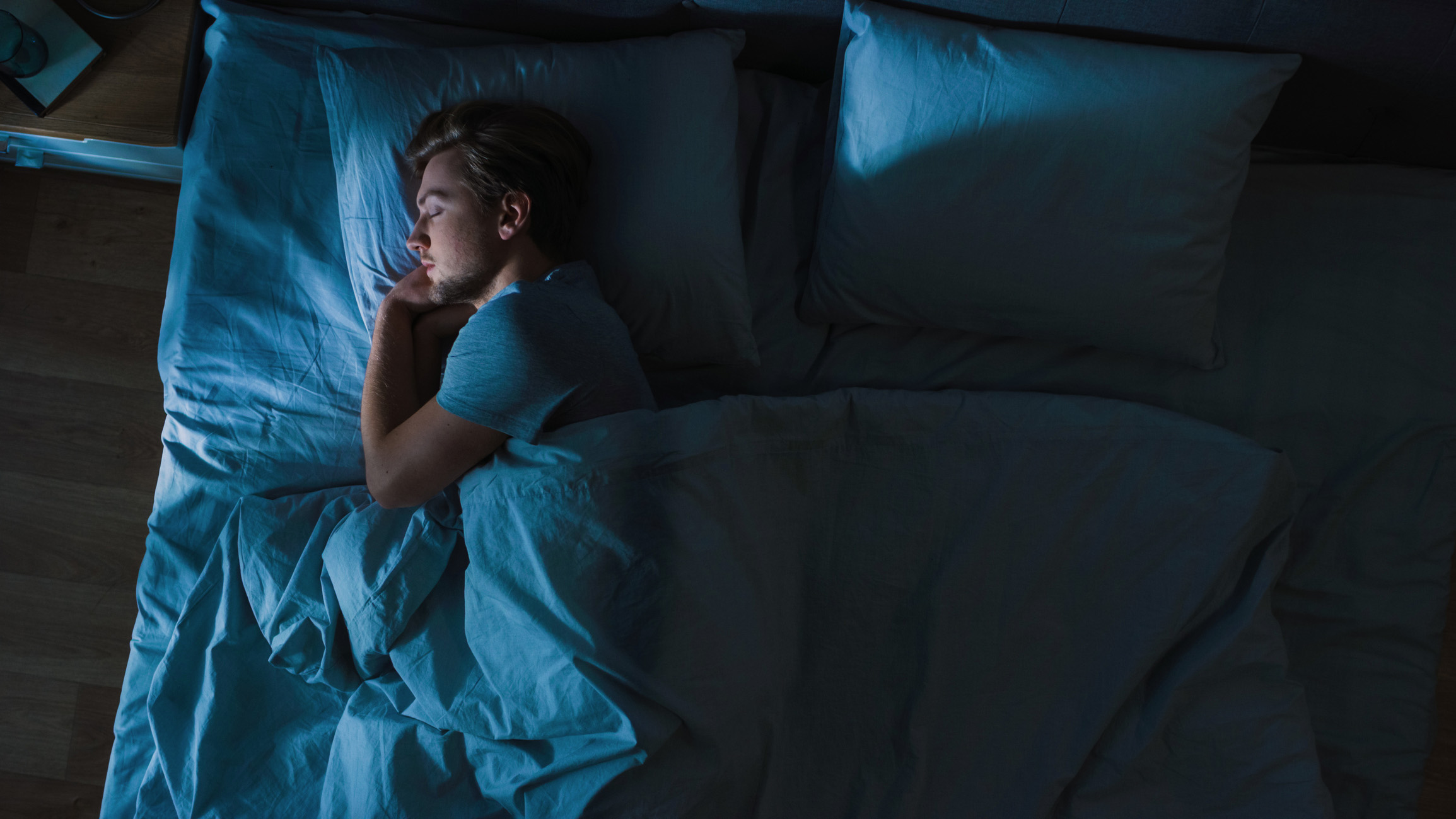
Sleep. Kids resist it, adults yearn for it. It is as natural a process as breathing, yet it’s one so many adults struggle with. I think everyone knows sleep is important for energy. Not enough sleep leaves you feeling tired, irritable and struggling to concentrate. What a lot of people don’t realise however, is that sleep is essential for physical health too. Sleep is the time when your body heals and repairs itself, it supports brain development, heart function, metabolism, as well as memory and mood.
So, it stands to reason that inadequate sleep has leads to more than just needing an extra coffee to get through the day. Regular insufficient or poor sleep increases a person's risk of developing:
- Type 2 diabetes
- Heart Disease
- Obesity
- Infections
In fact, research has shown that sleep can even affect how effective vaccinations are. Studies show people who are well rested and given the flu vaccine develop a stronger protection from the virus compared to those who are sleep deprived.
So, how much sleep do you actually need?
While it does vary from person to person, the general rules are:
- Children under 5 years:10 to 13 hours
- 6 to 12 years: 9 to 12 hours
- 13 to 18 years: 8 to 10 hours
- Adults: 7 + hours
Do you look at those number and think “if only….!”? Well, you’re not alone. A recent YouGov survey showed 1 in 3 adults don’t get enough sleep.
If you are one of those 33% of Australian’s not getting 7 hours of quality sleep, here are some tips that might help.
- Put your devices away at least 30 minutes before bed. Screens, such as phones, tablets and laptops are one of the biggest contributors to poor sleep. The blue light from screens is a brain stimulant and studies have shown it can delay your body’s natural release of melatonin (your sleepy hormone).
- Set an alarm. I don’t mean one to wake up, rather one to go to bed. If you struggle with the self-control and find yourself in bed mindlessly scrolling for hours, an alarm can be a great reminder to put the phone away and start your nighttime routine.
- Keep it consistent. Try to get to bed at a similar time each evening and wake up at a similar time too. This helps train your body clock.
- Limit caffeine, especially after midday.
- Exercise. Burning energy during the day leads to a more restful, deep sleep. But make sure it's not too late in the evening as the post workout endorphins can keep you awake.
- Avoid sugary, processed foods. Just like caffeine, sugar is a stimulant and can wreak havoc with your sleep.
- Limit daytime naps. I know if you have had a rough night, it can be tempting to have a mid-afternoon power nap, but this just feeds into the cycle of poor nighttime sleep.
Most people have the odd rough night, and this is completely normal. However, if it seems to be a regular occurrence, speak to your doctor about ways you can improve your sleep.